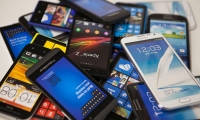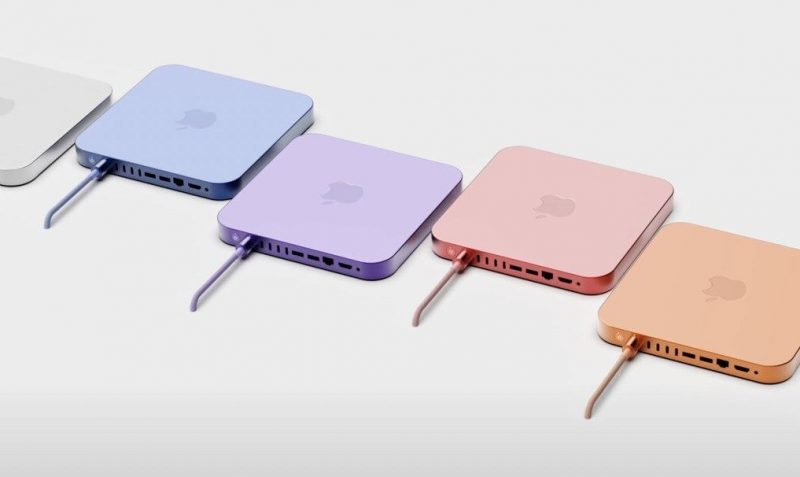Now the smartphone is part of our lives. We spend many hours with the mobile in hand to shake, type, swipe without even realizing it. Our hands are constantly in motion, the head bent to read the screen of the smartphone and to lose it is not only our poor cervical but also the psychophysical sphere. Not surprisingly, a recent King University survey showed that 50% of young people, but not only them, are aware of being dependent on their smartphone.
A true syndrome
You spend whole days reading notifications, replying to messages on Whatsapp , checking emails, photos on social media or reading content so that you talk about control compulsion: you pick up your cell phone every 15 minutes on average. A huge time. Not everyone realizes that they are dependent on their smartphone, an addiction that, as Esquire writes, goes hand in hand with FOMO, Fear Of Missing Out, the irrational fear of being out of online content, of losing the continuous flow of news, events, social notifications by contacts who have posted photos or content.
In fact, the smartphone that lights up continuously or sends notifications at a fast pace to let us know that new emails, messages have arrived, that that contact has posted a photo on Facebook or Instagram etc etc often determines the syndrome of digital fragmentation, which constantly leads to being distracted and taking away attention from what we are doing.
Tips for fighting smartphone stress
So how can we get out of this? Obviously you need to want it starting by removing unnecessary notifications and leaving only the indispensable ones. Another solution according to Rashid and Kenner, authors of the book Offline: Free your mind from smartphones and social media stress, is to avoid having your smartphone charge at night on the bedside table. In this way the bad habit of waking up in the morning with the notifications of anxiety will be extinguished. Instead of the smartphone it is better to keep a normal alarm clock and maybe put the phone in charge elsewhere in air mode.
Last but not least, to regain control of one’s life, it is advisable to take into account the minutes and hours spent with the smartphone in hand. Most modern mobile phones implement the function to control the time in which you remain connected. At this point, seeing that the time spent using the smartphone is impressive, it could trigger the doubt that something is wrong and try to reduce the time spent on social media, email, internet and messages to build something more useful and less stressful.



















